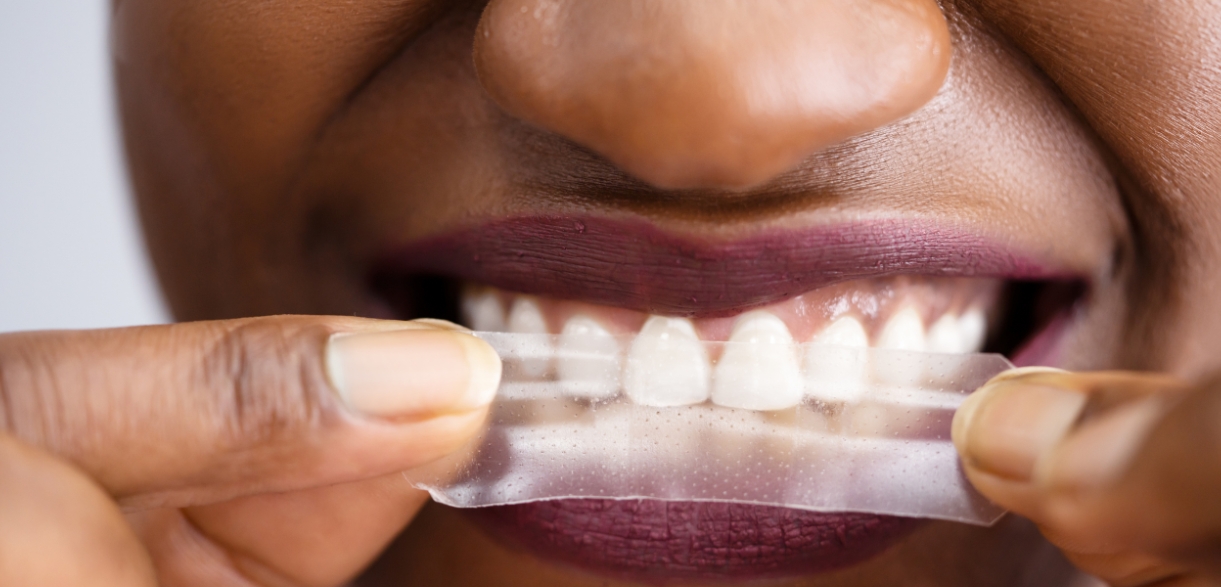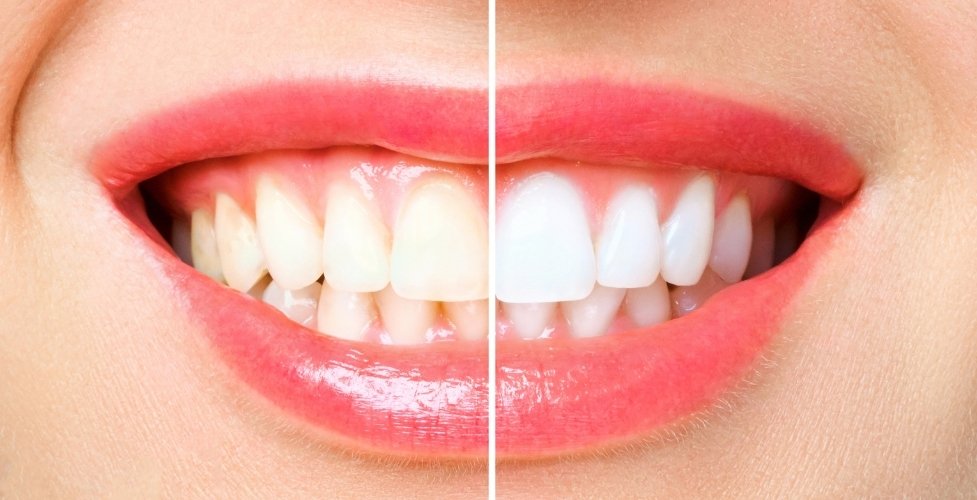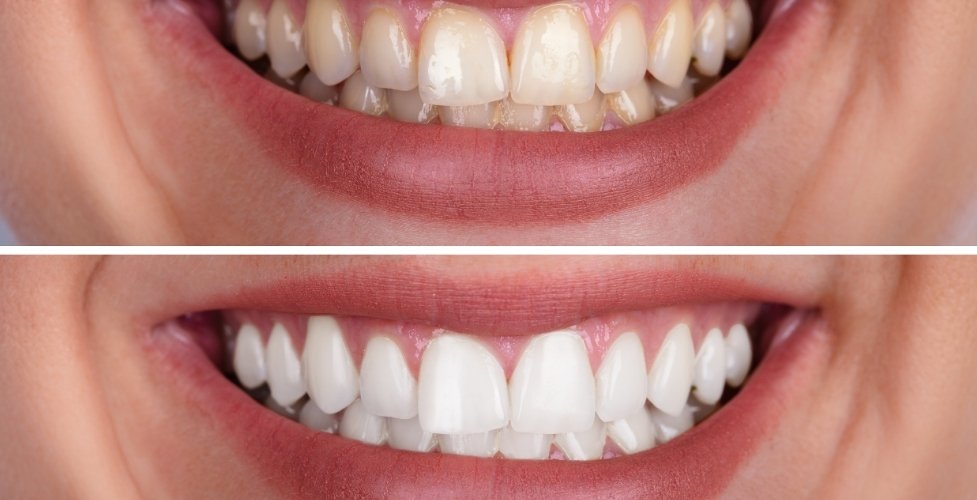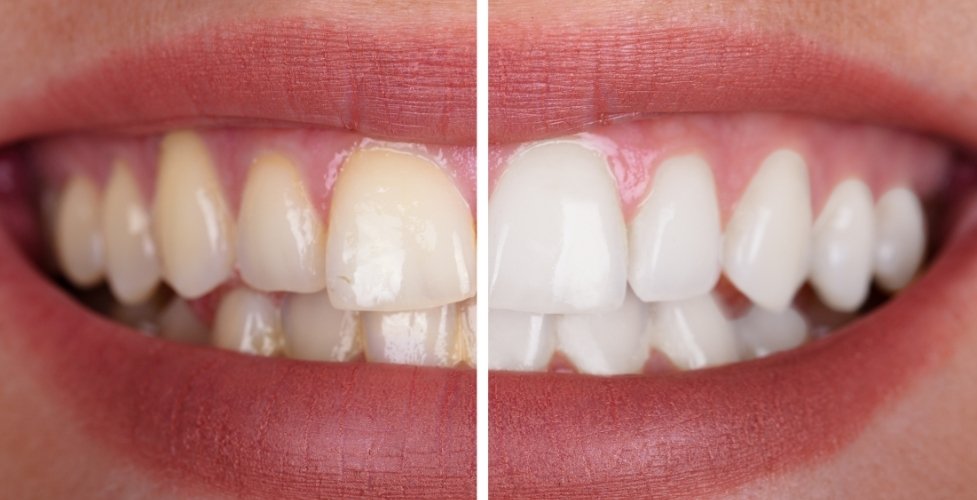3609 Jamison Way Castro Valley, CA 94546

Are you striving for a dazzling white smile but unsure about the best way to maintain it? We all know that using whitening strips can work wonders in brightening our teeth, but what comes next may be a mystery. Should you brush your teeth immediately after using whitening strips? It’s time to unravel this common dilemma and explore the dos and don’ts of post-whitening strip oral care. Prepare yourself to uncover the ideal routine for maintaining a radiant smile and ensuring that your teeth remain brilliantly white like never before! We will also discuss some pieces of advice from the dentists.
Understanding Whitening Strips
Whitening strips are coated with a peroxide-based gel that works to lighten teeth by oxidizing stains. When using these strips, it’s essential to follow the instructions to avoid any potential risks or adverse effects.
The Debate: To Brush or Not to Brush?
After using whitening strips, the general advice varies. There is a debate about whether brushing your teeth immediately after using whitening strips could potentially harm your teeth because it may increase sensitivity. The peroxide in the strips can temporarily soften the enamel, making it more vulnerable to damage from brushing.
However, some who advocate for brushing the teeth after whitening say it’s crucial to get rid of any lingering peroxide or gel to avoid prolonged exposure that could cause sensitivity or other problems. This is because tooth sensitivity may develop after extended exposure.
Expert Recommendations
After utilizing whitening strips, dental practitioners typically advise patients to refrain from brushing their teeth for at least half an hour up to an hour. This delay allows the enamel to reharden and reduces the risk of damage caused by the abrasive action of brushing.
Alternative Oral Care Practices After Whitening Strips
Rinsing with Water: After using whitening strips, rinsing your mouth with water is an effective way to remove any remaining gel or residue. Swishing water around your mouth helps to wash away the whitening solution without the need for immediate brushing. This step aids in reducing the risk of extended exposure to the whitening agents, which might contribute to tooth sensitivity.
Fluoride Mouthwash: Using fluoride mouthwash after using whitening strips can be beneficial. Fluoride helps in the remineralization of enamel, potentially reducing sensitivity and aiding in strengthening the teeth. This practice can be particularly beneficial when there is a gap of time before brushing, as it helps to promote a healthier oral environment.
Time Interval Before Brushing: Dentists commonly advise waiting for at least 30 minutes to an hour after using whitening strips before brushing. The delay in brushing after using the strips allows the enamel to reharden, which helps to reduce the risk of damage caused by the abrasive action of brushing.
Sensitivity Toothpaste: If sensitivity occurs after using whitening strips, using toothpaste specifically formulated for sensitive teeth can help manage discomfort. These toothpaste options often contain ingredients that help reduce sensitivity over time.
Avoid Staining Substances: It’s crucial to avoid foods and beverages known to stain the teeth, especially directly after using whitening strips. Substances like coffee, tea, red wine, and highly pigmented foods can counteract the whitening effects. Waiting for a day before consuming these items can help maintain the whitening results.
Factors to Consider:
Overall Oral Health: The state of your oral health plays a significant role in determining the ideal post-whitening care routine. If you have sensitive teeth, weak enamel, or pre-existing dental conditions, it might be necessary to adjust the timing or approach to post-whitening oral care. Consulting a dentist to evaluate your dental health is advisable.
Strength of the Whitening Product: Different whitening products have varying strengths and formulations. Whitening treatments that are more potent could increase the risk of teeth becoming sensitive or enamel being softer, which necessitates taking extra precautions and waiting longer before cleaning your teeth.
Individual Sensitivities: People react differently to whitening agents. Some might experience heightened sensitivity or irritation after using whitening strips. Adjusting post-whitening care according to individual sensitivities is crucial for maintaining oral health and comfort.
Professional Advice: Dentists can offer personalized guidance based on your specific oral condition. If you have any concerns or questions about using whitening strips and the best oral care practices after their use, consulting a dental professional is highly recommended.
Should you brush your teeth after using whitening strips? While the debate continues, the general recommendation is to wait at least 30 minutes to an hour before brushing to minimize potential enamel damage while ensuring effective stain removal.
Remember, it’s always best to consult your dentist in Castro Valley, for personalized advice regarding post-whitening oral care. By following best practices, maintaining regular oral hygiene, and seeking professional guidance, you can achieve a radiant, healthy smile with the use of whitening strips.






